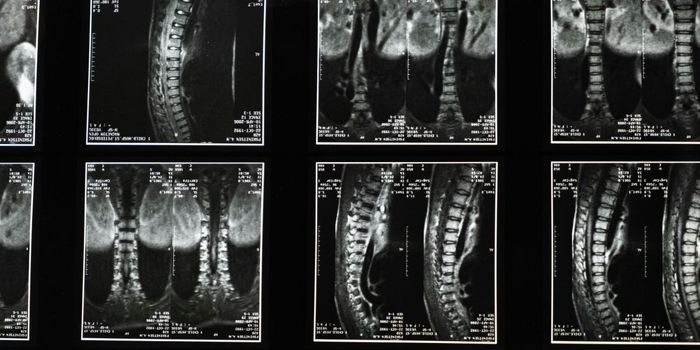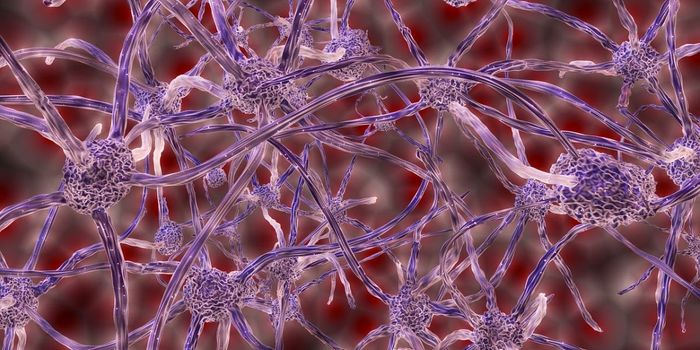Finding Just The Right Amount of Exercise for Mental Fitness
Exercise has both mental and physical benefits. Multiple studies have confirmed this, but what remains uncertain is how much do we need? Different studies find different results, but every person has individual needs that could require more or less than the average guidelines.
In older adults, exercise is especially important, for so many reasons. With dementia rates on the rise, many senior citizens are turning to exercise as a way to hold off memory loss, but again, how much is enough? A recent analysis of more than 90 clinical trials and studies looked at the existing research on working out and mental acuity in older people.
The meta-analysis of existing work looked at studies where participants were asked to begin an exercise program and continue it for four weeks or more. Those participants were compared to adults of similar ages who did not regularly exercise. The numbers were significant. The review included 98 randomized, controlled trials. Altogether there were 11,061 participants, whose average age was 73. About 59% were healthy adults, 26% had mild cognitive impairment and 15% had dementia. Just under 60% of the volunteers were not regular exercisers before beginning a study. When all the data had been crunched, on average the sweet spot came to about 52 hours, over a six-month period, with workout sessions that lasted about an hour. Adults in that category showed improvement in processing speed. Adults at the 34-hour mark for the same time period showed no improvement. The study did not show improvement on a weekly basis, indicating that a long-term plan is the best bet.
Joyce Gomes-Osman, PT, Ph.D., of the University of Miami Miller School of Medicine in Florida led the work. She explained, "These results suggest that a longer-term exercise program may be necessary to gain the benefits in thinking skills. We were excited to see that even people who participated in lower intensity exercise programs showed a benefit to their thinking skills. Not everyone has the endurance or motivation to start a moderately intense exercise program, but everyone can benefit even from a less intense plan."
The benefits were not just for otherwise healthy individuals. When the data was sorted out, even those participants who already had mild cognitive impairment showed improvement in processing speed, which is different from memory. Processing speed is about how fast a person can complete a cognitive task involving more than just recall. There was no improvement in verbal recall or memory tests in either group.
The types of exercise varied as well. Aerobic exercises, including dance classes, walking or jogging was the most popular. Some studies looked at a combination of exercise programs, where walking or other cardio was included with strength and resistance training. While there were some differences, the authors agreed that any kind of exercise will show a benefit in processing speed, mood, fitness, and social connectedness, all of which are important as we age. Dr. Gomes-Osman said that while they could only connect the length of time to improvement there could be other applications of the results. She stated, "Our results may also provide further insight. With a majority of participants being sedentary when they first enrolled in a study, our research suggests that using exercise to combat sedentary behavior may be a reason why thinking skills improved." Check out the video to learn more.
Sources: Medpage Today AAN Neurology Clinical Practice









